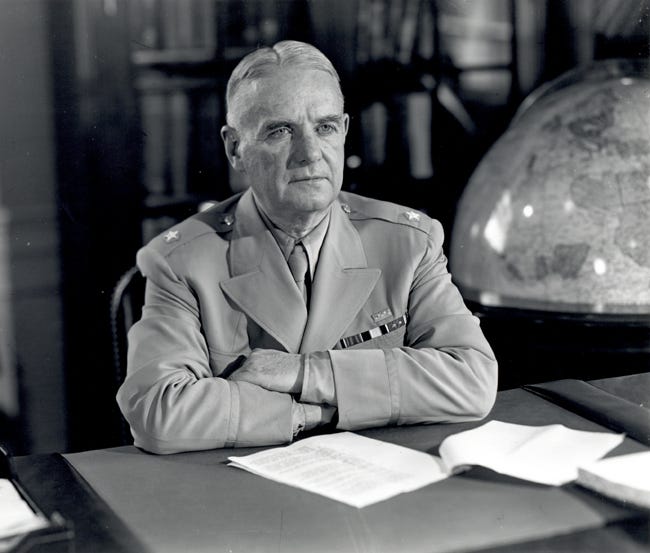Imagining an Office of Strategic Technology (OST)
An organizational approach to driving U.S. tech diplomacy and statecraft
How can America improve technology diplomacy and statecraft to drive competitiveness?
In a previous post, I shared six suggestions for growing the U.S. and AUKUS’s tech ecosystems. The ideas were meant to be actionable, but one issue kept coming up: Who owns this? For example, I suggested pitching top venture capitalists on AUKUS investment opportunities aligned with the alliance’s technology objectives, but it wasn’t clear which organization would lead that charge. Where do we have the means and authority to mobilize private capital toward strategic goals?
This is not a small question. It’s a structural gap. So here’s a hypothesis: America needs an organizational solution to advance strategic technologies and tech statecraft more broadly.
We need a home for asymmetric efforts to advance strategic technologies in ways that today’s siloed and bloated bureaucracies can’t. That’s why I’m proposing a concept for discussion: the creation of a nimble, aggressive entity called the Office of Strategic Technology (OST).
My elevator pitch is “the OSS for technology.” Yes, the reference is a throwback, but there are parallels. In 1941, the U.S. lacked a central intelligence agency at the dawn of a world war. Today, we face a similar moment: the U.S. lacks a focal point for technology diplomacy and statecraft as we enter a new era of strategic competition.
Technology is no longer an economic domain. Today, it cuts across nearly every instrument of power, including diplomacy. And we don’t have the structure to match the moment.
Meeting the challenge requires leadership, entrepreneurial energy, and fresh thinking. We can’t resurrect William “Wild Bill” Donovan, the charismatic leader who headed up the OSS, but we can restore his spirit of disciplined daring in support of American interests. Considering the geopolitical environment, can we afford not to? (Rhetorical)
As the U.S. foreign policy agenda reorients around China and technology, the OST could be a valuable asset.
The mission could be three-fold: to accelerate strategic technologies, to enhance U.S. tech diplomacy; and to identify technology-driven solutions to specific needs, like drone attacks on shipping.
To that end, OST could live within a reorganized State Department — or in coordination with it — as a new model for techno-diplomatic power. Imagine a team of elite technologists, analysts, investors, and operators with the freedom to build coalitions, fund efforts, and unblock obstacles across the interagency and private sector.
The structure might include two core verticals:
OST Intelligence: Tracks tech trends, talent, capital, and research. Think part analyst, part scout, part strategist.
OST Operations: Executes initiatives — VC outreach, international roadshows, dual-use innovation sprints, talent placement, startup acceleration. Think business development meets national interest.
Each capability could have a dedicated owner and roadmap — creating a mini “Manhattan Project” environment for each domain.
Keys to OST’s success would include: clarity of mission, top-cover, bureaucratic maneuverability, and a license to be aggressive
It wouldn’t need a massive headcount. A dozen exceptional people could make a big difference. Nor would it require huge funding. A few million annually could seed a powerful flywheel.
It could also become a node in a broader strategic tech ecosystem: venture funds, allied initiatives, defense programs, policy studios, and academic partners — all rowing in the same direction.
In John Boyd terms, OST could help stitch together a new “snowmobile,” recombining capabilities across domains to generate asymmetric leverage.
Of course, this kind of entity could fail — bad leadership, bureaucratic drag, unclear mandate. But the downside risk is small, and the upside potential is enormous.
In a technopolar world, where technology defines influence, power, and sovereignty, we cannot afford strategic incoherence. A reorganized State Department should embed the capability to lead in this arena, and the Office of Strategic Technology could be one piece of that transformation.
Questions for you:
What are your thoughts on the OST concept?
Should it be located inside the State Department, or elsewhere?
To what extent are parts of this already being done — and by whom?
How would you refine the mission and focus?
If this concept has legs, what should the next 3–5 steps look like?






I like the concept, but how does this compare / complement
with DARPA ?